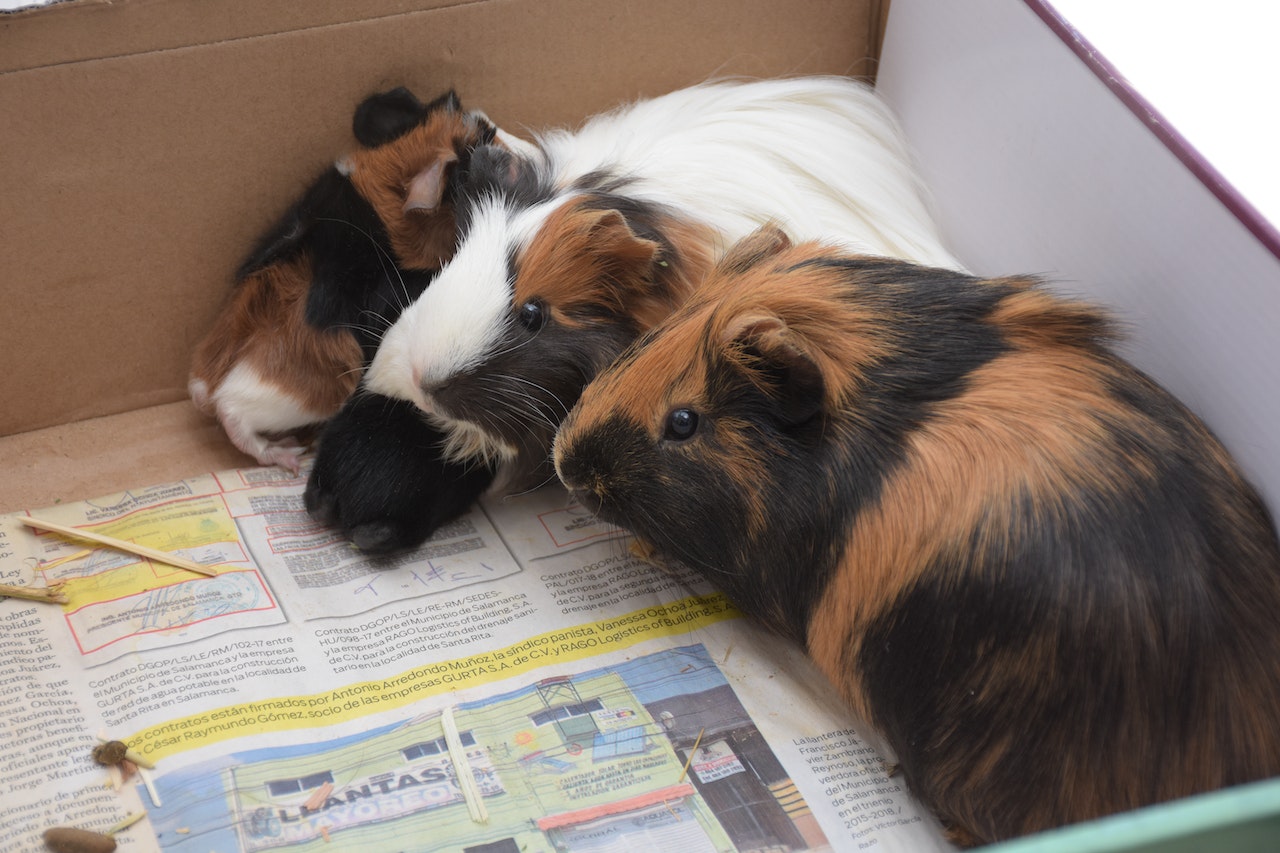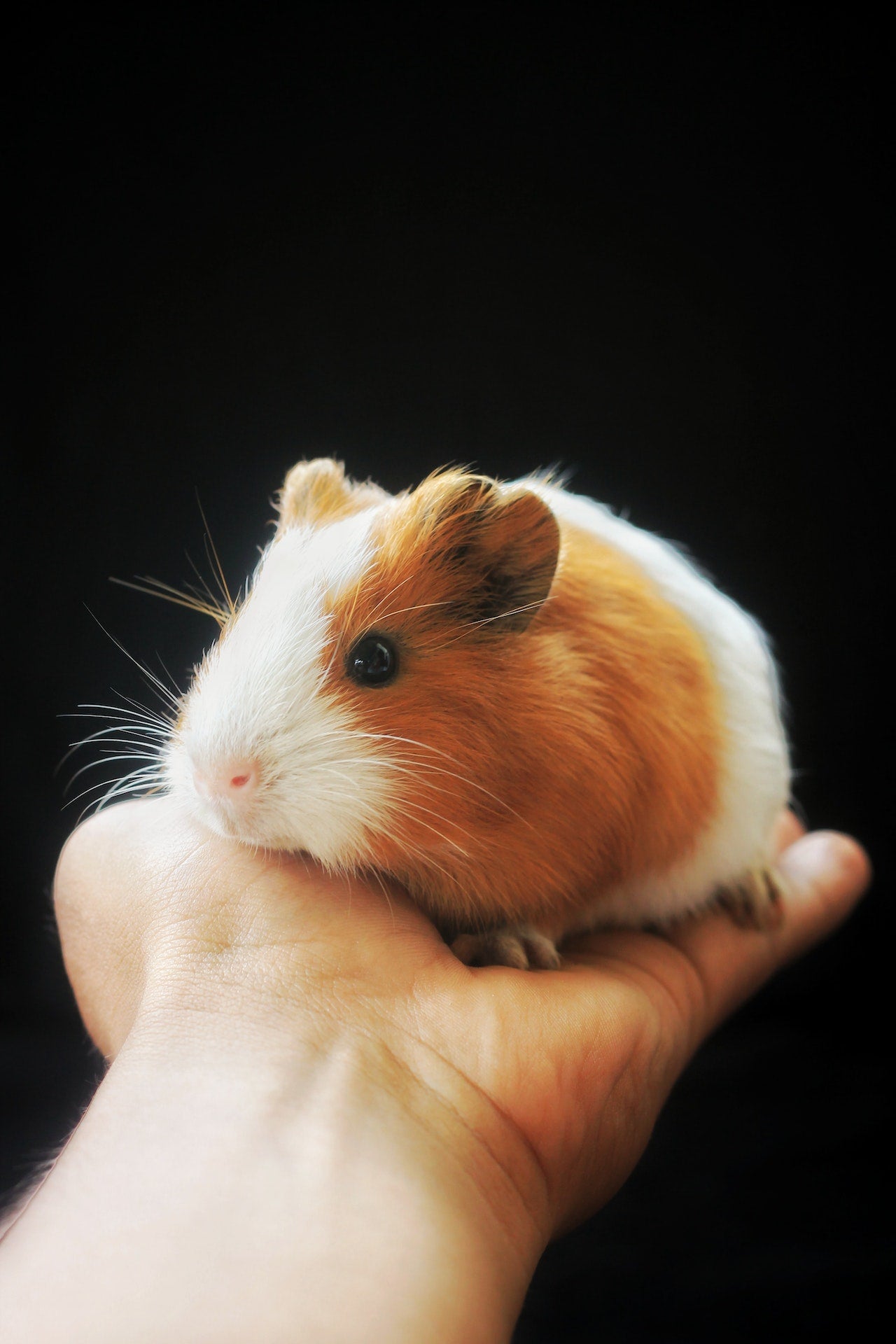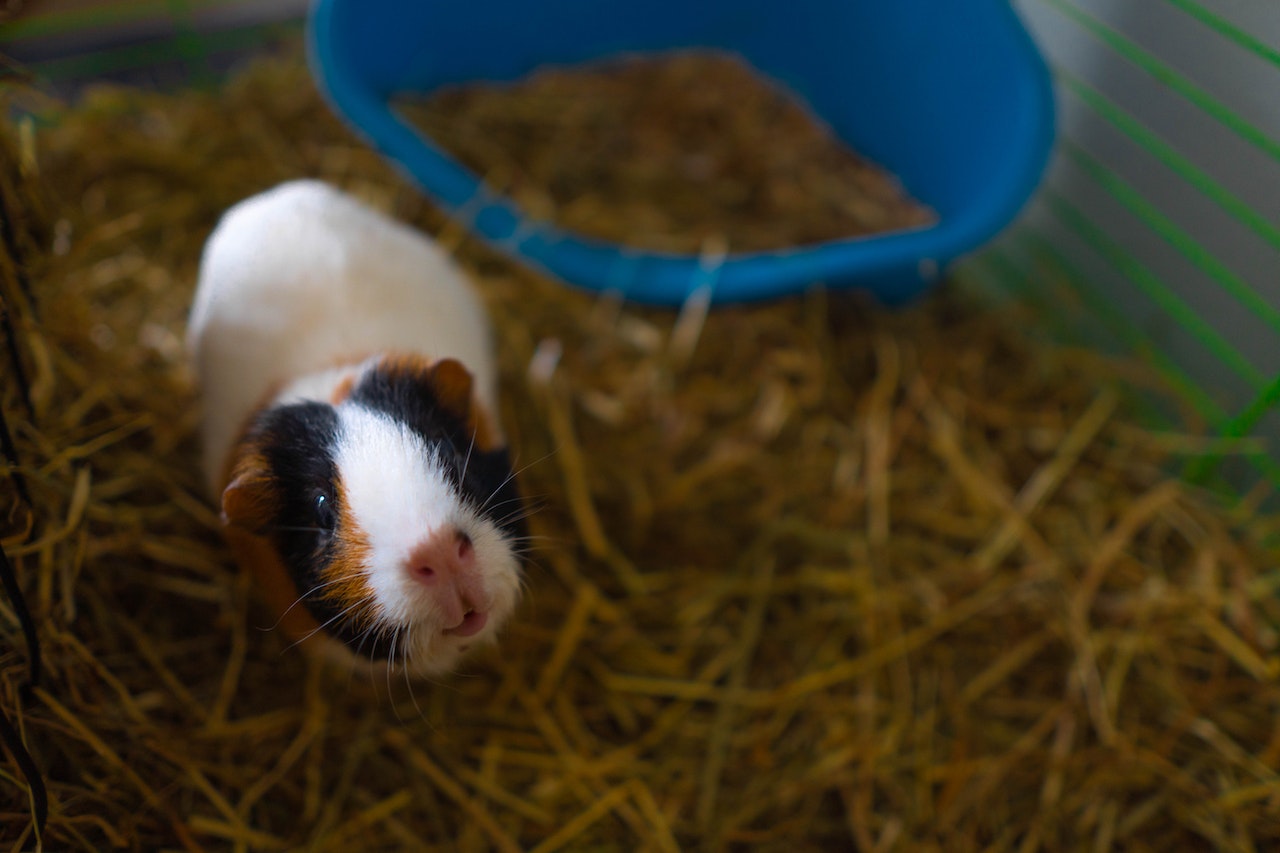
Raspberry is a small aggregate fruit from the genus Rubus and Rose family. They are of many varieties and different colors, some include red, black, purple, and gold, and in which the most common variety is red. Raspberry is oblong with soft, tender, mildly, crunchy flesh. You will also see them with a bright, sweet-tart flavor. However, raspberry is not only known for its taste but for the various health benefits they offer to humans.
Raspberries provide high levels of vitamins and other nutrients, as well as being delicious. They also contain a powerful phytonutrient and antioxidant known as ellagic acid which has been found to protect against a variety of health conditions and diseases. They also help to reduce inflammation and relieve pain associated with gout, arthritis, and other inflammatory joint conditions due to the presence of anthocyanins, the chemical that gives them their red color. However, can guinea pigs eat raspberry? Does raspberry offer any beneficial nutrients to your little cavies?
Can Guinea Pigs Eat Raspberries?
Yes, guinea pigs can eat raspberries but only in moderation. Raspberry is one of the beneficial fruits that can be given to your Guinea pigs. They are known to be enriched with various beneficial and excellent nutrients like vitamin C, minerals, fibers, and a high proportion of sugar, calcium, and carbs content, and this can be very dangerous if it is fed in the wrong proportion.
Guinea pigs may be herbivores, but this those not give them the privilege to eat any type of food that comes from plants, this is due to the benefits and health risks attached to feeding some particular fruits to your cavies, therefore, you should understand the principle governing the particular fruits before you feed it to them. For more understanding about raspberries and how they should be served to your guinea pigs, continue reading this article.

Can guinea pigs eat raspberry leaves?
Yes, guinea pigs can eat raspberry leaves. Raspberry leaves do not contain a high amount of sugar as that of the flesh itself and this makes it a great additional diet to your little cavies. However, they also contain almost the same nutrients as the flesh parts hence it is perfectly safe for them. Before it can be served to them, it must be properly washed to avoid ingestion of chemicals by your pets
Can guinea pigs eat all varieties of raspberries?
Guinea pigs can not eat all varieties of raspberries. They can eat red and black raspberries because they are enriched with essential nutrients like vitamins and minerals needed by your little cavies. However, you will see a decent amount of calcium, carbs, and sugar content in them, and this may be dangerous to your little cavies if they are present in the wrong proportion. Hence, they should be served in moderation.
What is the correct serving size for feeding raspberry to guinea pigs?
Raspberry is a highly nutritional and easy-to-get fruit that contains a high amount of sugar content and this makes it addictive to guinea pigs. Therefore, to avoid possible health risks, guinea pigs should only be given one raspberry if that is their first time, and that alone will feed their stomach. Too much freedom to eat this fruit can lead to digestive issues. As they begin to get mature with the fruits, you can feed them two to three blackberries once or twice a week. With this standard proportion, your guinea pigs won't be overfed hence, the beneficial nutrients won't lead to any health risks in the short run.
What are the health benefits of feeding raspberry to guinea pigs
Raspberry is a high-nutritional-value fruit with numerous health advantages. Here are some of the potential advantages of eating raspberries
Improving the immune system
Raspberry contains vitamins like A, which provides carotenoids that act as antioxidants to help protect the skin and eyes of your pets against the signs of early aging. Meanwhile, vitamin C in raspberries can stimulate their white blood cell production and serve as an antioxidant that can neutralize harmful free radicals.
Helping with blood circulation
Raspberry contains iron, which is important for blood circulation. This mineral is essential for red blood cell production and may help reduce the risk of shortage of blood. Also, they are high in flavonoids, which may aid or enhance heart health by lowering blood pressure and increasing blood flow in the body system of your guinea pigs. They also include chemicals that may aid in the prevention of urinary tract infections (UTIs) by inhibiting germs from adhering to the bladder and urinary tract walls in their body system.
Improving skin and body health
Raspberries include antioxidants, which can help protect the body from free radical damage and lower the risk of chronic diseases. They also possess ellagic acid, another important antioxidant found in raspberries. This acid is said to have photoprotective effects that may help minimize the appearance of wrinkles caused by UVB radiation on your pets
Possible health risks of feeding raspberry to guinea pigs
Fairly acidic
Raspberries are fairly acidic, but when fwd in excess to you guinea pugs can harm some tissues in the digestive and oral system Examples of what it will lead to are mouth sores, discomfort, mouth ulcers, and some urinary tract infections
Sugary content is high
Raspberries are tasty because of the high amount of sugar content present in them. Unfortunately, this makes guinea pigs gravitate toward them. If pet owners are unable to feed them in the correct proportion it may lead to health risks like obesity, diabetes, or diarrhea since they can not digest them
Fiber complication
Raspberries also contain a decent amount of fiber, but when present in excess in the body system of your guinea pigs can cause health risks like digestive issues, bloating, constipation, stomach pain, and discomfort.
Conclusion
Raspberries are fruits that contain a decent amount of beneficial nutrients which is helpful in the diet of your guinea pigs. All the parts of the fruits are known for curing various diseases, but when too much of it is being given to pets it could lead to health risks. The correct serving size of these fruits with their beneficial and harmful benefit has been explained in this article. Pet owners should go through it for more knowledge about the topic.



